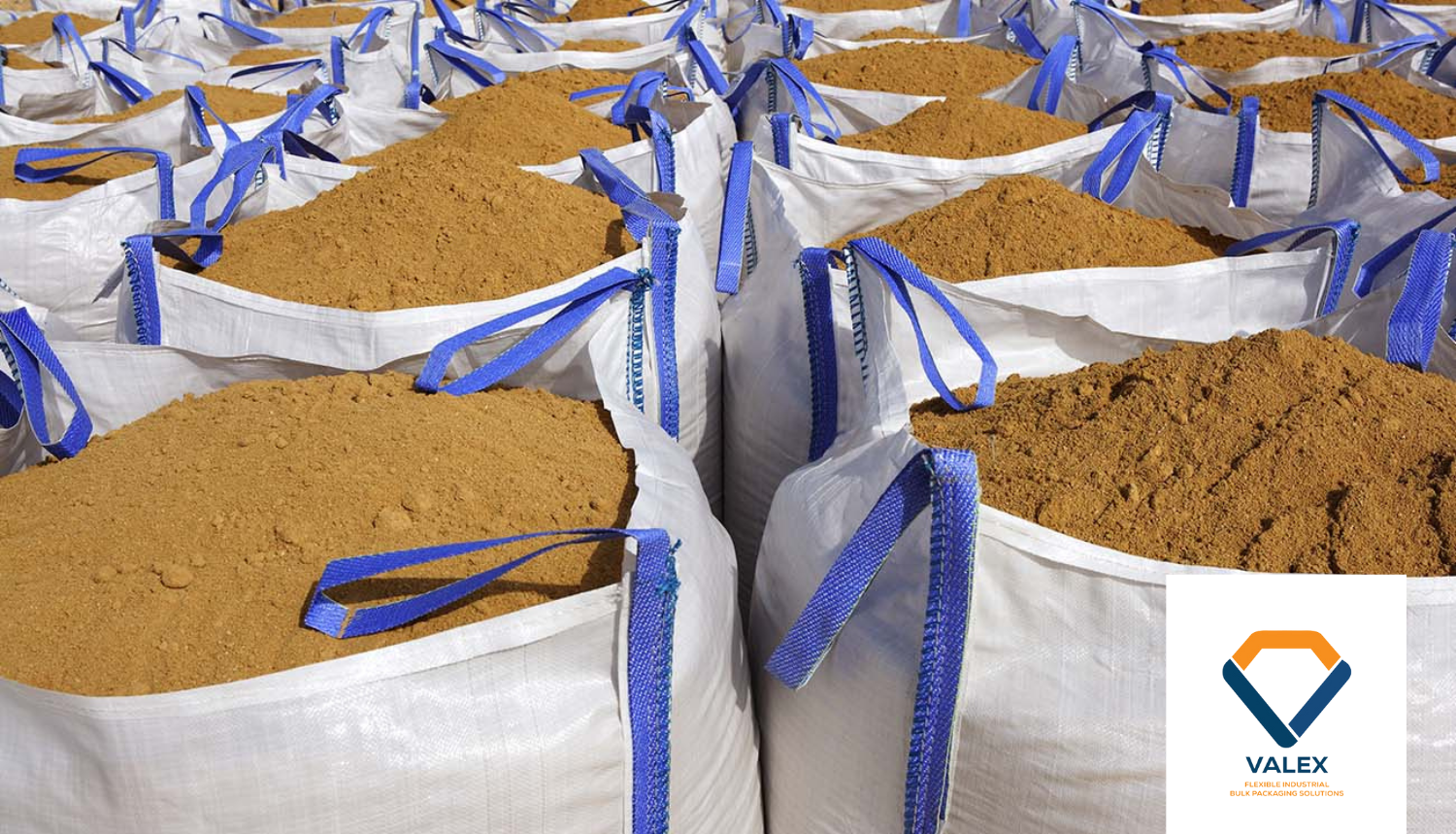Choosing the right packaging solution is essential for businesses dealing with bulk materials. The debate between FIBC bags and traditional bags often comes down to cost, durability, efficiency, and sustainability. With various types of packaging available, understanding their advantages and limitations helps in making an informed decision.
In this blog, we compare FIBC bags with traditional bags, analyzing which industries benefit the most and how Valex Ventures can provide the right solution for your packaging needs.
What Are FIBC Bags?
Definition and Features
FIBC bags (Flexible Intermediate Bulk Containers) are large, flexible storage and transportation bags designed for handling bulk materials. These bags are lightweight yet strong, capable of carrying anywhere from 500 kg to 2000 kg, making them ideal for industrial use.
Common Applications
Industries such as agriculture, construction, food processing, and chemicals rely on FIBC bags for their efficiency in handling powders, granules, and other bulk products. Their durability and ability to optimize storage space make them a preferred choice over traditional bags.

Traditional Packaging Methods: An Overview
Common Types of Traditional Packaging
The most common types of packaging include:
- Paper sacks – Used for flour, cement, and powdered goods.
- Plastic bags – Common in retail and lightweight packaging.
- Wooden crates – Suitable for fragile goods but bulky and costly.
- Metal drums – Durable but heavy and expensive for bulk transport.
Key Challenges with Traditional Bags
While traditional bags are widely used, they often pose challenges:
- Storage inefficiency – They take up more space compared to stackable FIBC bags.
- Higher costs – Increased labor and material costs over time.
- Environmental concerns – Many traditional options contribute to plastic and paper waste.
FIBC Bags vs. Traditional Packaging: Key Comparisons
Cost-Effectiveness
- FIBC bags are reusable and require less labor, reducing long-term costs.
- Traditional bags are often single-use, leading to continuous repurchasing.
Durability & Strength
- FIBC bags can hold heavy loads without tearing, preventing material loss.
- Traditional bags may rip easily, causing product wastage.
Storage & Handling Efficiency
- FIBC bags are easy to stack and transport, making warehouse storage more efficient.
- Traditional bags require more handling and may take up extra space.
Sustainability & Environmental Impact
- Many FIBC bags are made from recyclable materials, reducing waste.
- Traditional bags contribute to environmental pollution due to excessive plastic or paper use.
Which Packaging Solution is Right for You?
When to Choose FIBC Bags
- If your business handles bulk dry materials like grains, chemicals, or minerals.
- If you need a cost-effective and space-saving packaging option.
- If sustainability and reusability are priorities.
When to Stick to Traditional Bags
- If your packaging needs are small-scale and do not involve bulk transport.
- If the weight of the material does not require heavy-duty packaging.
- If your industry regulations favor single-use packaging.
Conclusion
For industries that need efficient, cost-effective, and sustainable bulk packaging, FIBC bags are a superior alternative to traditional bags. With various types of packaging available, choosing the right one depends on your business needs.
At Valex Ventures, we offer high-quality FIBC bags designed to enhance durability, optimize storage, and support sustainable business practices. Contact us if you need standard bulk bags or custom solutions, we have the right packaging for you.